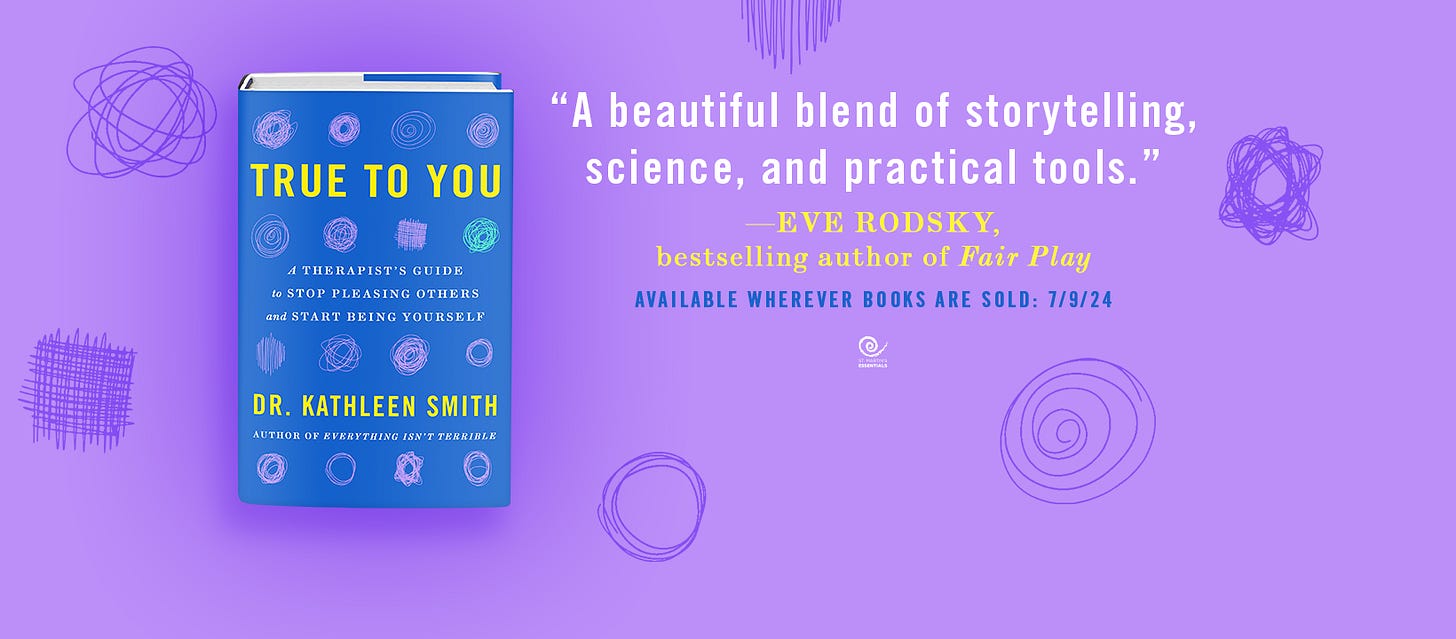Have You Considered that People Are Capable?
Relating to people's strengths rather than their sensitivity.
Once I worked with a man whose daughter had cut off contact with him. He felt frozen, terrified that any attempt to reconcile would trigger her anger and make him, “lose her forever.”
That kind of fear is relatable, but it hardly sets one up for success. When every interaction feels so risky, how can one possible stay thoughtful?
I asked him, “Have you considered that she is capable of figuring out how to have a relationship with you? If you’re being the kind of person you want to be?”
And what it might look like to begin relate to her capability rather than her sensitivity to him?
Any parent knows that dangers of orienting one’s life around the sensitivities of a small child. There’s nothing wrong with cutting the crusts off a sandwich, but trying to make their entire life frictionless is a recipe for trouble.
But it’s so much harder to notice this pattern in our interactions with adults. How we orient ourselves towards preventing upsetness in others. Towards managing the anxiety in the room, rather than sitting with it as people find their way through challenges.
In Daniel Papero’s book on Bowen theory, he writes, “ If there is a magic to family therapy, it lies in the ability of families to manage the most difficult of situations.”
A novel thought in our world of experts and gurus. How much of our economy depends on people not thinking they’re capable of finding their way? Are experts recruited to help, or simply to tame the anxiety of the moment?
So let me turn the question to you. What happens when you relate to people’s capabilities and not their sensitivity? When you engage their capacity for good thinking?
Relating to the capability in others might look like:
Asking more questions than giving answers (i.e. “What do you think you’re going to do?”)
Acting like they can handle your thinking.
Acting like you can handle their thinking.
Trying to be interested in their challenges.
Not always assuming they need something from you.
Considering that the solution you have for them is not the only one (Guilty!).
Considering that their attempt to recruit your help might be more about managing the anxiety of the moment than about finding their way.
Of course people need help and experts. But so much of our tendency to help is a reaction to the sensitivity in a relationship, the allergicness we have to distress or tension.
Being a person who is interested and along for the ride isn’t always easy. But it can create freedom and flexibility in a relationship. People can begin to find their way through challenges and become genuinely interested in each other.
Questions:
In what relationships are you relating more to people’s sensitivities than their strengths?
Where have you failed to consider that someone can do something with a challenge?
Where have you never bothered to get someone’s thinking about their challenge?
How do you want to manage the distress that comes with letting people be in charge of themselves?
Related posts:
Are You Interested and Along for the Ride?
The Art of Letting People Cook
News from Kathleen
Catch me in person or online on May 19th with the Healthy Congregations Hybrid Conference in Columbus, Ohio.
Buy my new book, True to You! (If you didn’t get the preorder bonus workbook, just reply to this email letting me know where you bought the book, and I’m happy to email you one.) If you bought my book on Amazon, could you please leave a review? I’m in need of some more so other folks can find it. Thanks!
Want to read more of my writing? Read my other book, Everything Isn’t Terrible, or my newsletter archives. Paid subscribers can access the entire archive.
Email me if you want me to speak to your group or are interested in doing coaching with me. Follow me on Linkedin, Facebook, or Instagram.
Want to learn more about Bowen theory? Visit the Bowen Center’s website to learn more about their conferences and training programs.






So good. I can see how I am tempted to cut crusts off sandwiches for my team instead of teaching them to deal with the crusts because it feels easier in the moment. We need to be willing to sit in the discomfort of people learning to stomach the crusts.